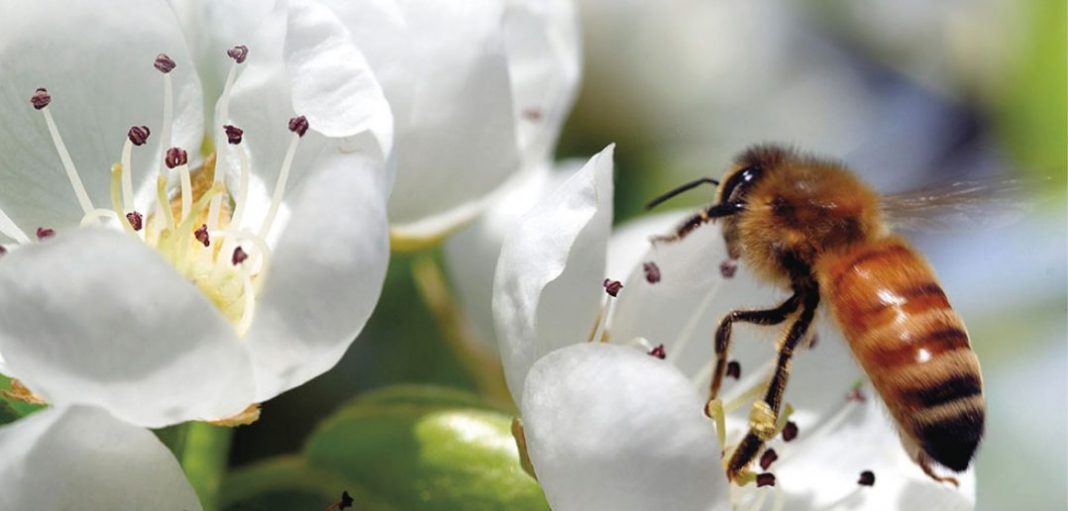The dairy sector is not alone in struggling for bank finance, with the horticultural sector also finding funding tougher to come by since the New Year.
Mike Chapman, chief executive of Horticulture New Zealand, said he is hearing anecdotally from growers in every sector of horticulture – including kiwifruit – that banks are proving tight fisted over funding options for the sector.
“Banks demand security and they have increased the security that they demand to reduce their risk,” he told Bay of Plenty Business News.

“As a result, the opportunity for the rural sector to expand has been reduced. This situation is for new loans, as well as for the renewal of existing loans.”
Chapman said the funding limitations also come off the back of the new Reserve Bank capital requirements coming into play.
“It also seems that if you are going to plant a forest, there is plenty of support there, but that is very much a one trick pony policy,” he said.
All funding aspects getting tighter
Chapman noted all aspects of financing for orchardists have got tighter, whether for seasonal financing or for orchard projects.
“It may not be a silly idea to have a conversation with banks about the fact the sector is very positive, and there is plenty of opportunity there to do more with it.”
In the Ministry for Primary Industries Situation and Outlook for Primary Industries Report, released prior to Christmas, apple exports were expected to be up 7.2 percent to almost 1 billion dollars this year, kiwifruit to be up 8.6 percent and approaching $2.5 billion, and wine up 1.8 percent to $1.8 billion.
Chapman said there was a sense in the horticultural sector that growers were being treated like their more indebted dairy farming colleagues when it came to securing finance.
The dairy sector accounts for two thirds of the $61 billion agricultural debt market, compared to less than 10 percent for horticulture.
Debt per dollar of exports equates to $2.79 for dairying, compared to only 68c for horticulture.
Dairy debt averages $2.9 million per dairy farm business, compared to $523,000 per horticultural business.
Kiwi demand still strong
MyFarm investment syndication company received an unprecedented 40 enquiries for its latest kiwifruit orchard syndication project, located near Edgecumbe.
Con Williams, MyFarm head of investment research, said the level of enquiry was unprecedented, and indicated there was a strong appetite among investors to put funds into a promising sector.
He said it was an unusual point in time in the sector, when predictions were positive across almost all crop types for strong market returns, but money was hard to get.
“It would not be as hard to raise the funds as it is in dairying right now, but it is definitely harder than it should be.”
Williams said funding for new green field projects was particularly hard to come by, with banks spooked by the delays in cash flow new projects inevitably involve.
He agreed restrictions around foreign land ownership in New Zealand were only further constricting the availability of capital here.
It is only possible for foreigners to purchase up to 24.9 percent of farm or orchard land greater than 5ha by gaining regulatory approval.
Investors getting more innovative
Syndication or private purchases were often becoming the main vehicle for orchard purchases, outside of iwi deals, and investors were having to get more innovative about how they structured deals.
MyFarm’s latest syndication incorporates lease income and orchard profit.
Williams said leasing was a common income stream for kiwifruit and viticultural operations. His company was trying to take more of a commercial property approach to earning streams from orchard operations, something that worked better for some operations than others.
He said shortages in root stock plants for establishing apples and cherries can push development times and costs out further in new developments, making bankers less likely to lend on those longer time frames.




